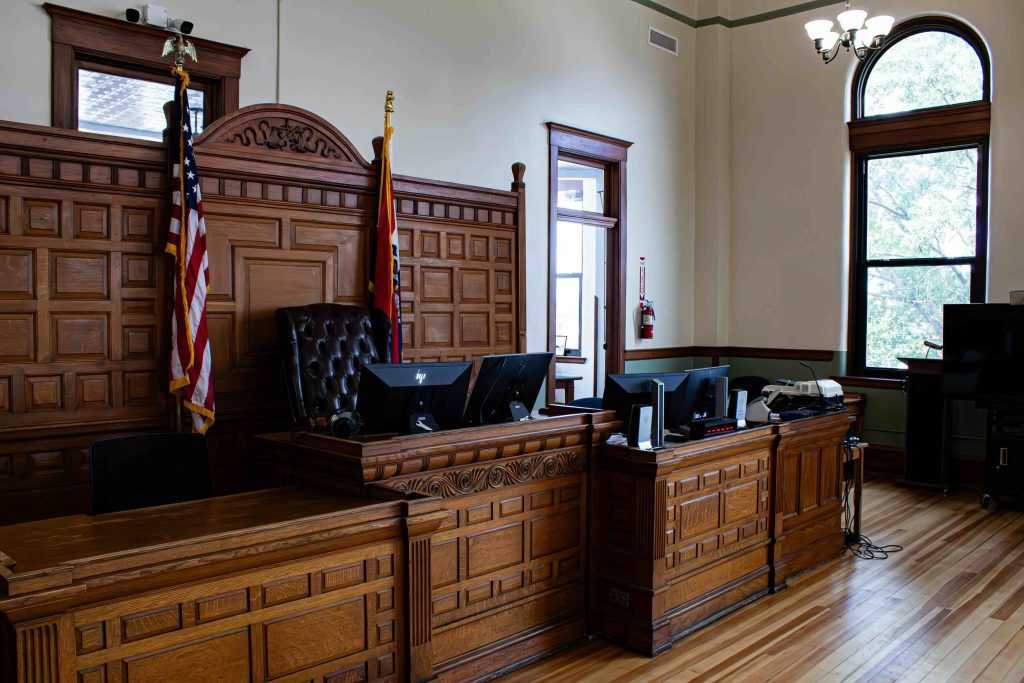- Contact Us Now: (877) 667-1211 Tap Here to Call Us
Will Contests -Frequently Asked Questions

The Timing of the Will Contest is Important
lawsuits contesting a will or for its revocation may not be started until after the maker of the will dies per F.S. 732.518.
How the Will was Executed Matters
A starting point in any action to contest a will is to look at the execution of the will itself. If there is a fatal defect in the execution of the will, the need to contest the will on other grounds will be drastically reduced. For a will to be valid, it must be in writing and be properly executed. In general:
a. A testator must be of sound mind and at least 18 years old or an emancipated minor. It is assumed that the will maker is of sound mind. Sound mind means that the maker can understand generally the nature and extent of one’s property, the relationship of those who would be the natural objects of the testator’s bounty, and the practical effect of a will. Old age, physical failings, failing memory, or vacillating judgment do not constitute grounds to set aside a will in and of themselves as they do not establish lack of testamentary capacity.;
b. The will must be signed at the end by the maker and in the presence of 2 witnesses (a will does not need to be notarized);
A Will can be Set Aside for Fraud, Duress, Undue Influence, or Mistake
Did you know that a will, or revocation of a will, or any part of it, is void if it was procured by fraud, duress, undue influence, or mistake? This is what F.S. 732.5165 states.
a. Fraud and deceit go hand in hand and occur where there are false representations of material facts made, knowledge by the perpetrator that the representations are false, and intent that the representations be acted upon, and a resulting injury.
b. Duress: For example, execution of a will under threat of force or blackmail is not the voluntary act of the will maker.
c. Undue influence occurs where there is a substitution of the mind of a third a party for the mind of the testator that causes the testator to act contrary to his or her wishes.
b. Mistake means decedent’s execution of one instrument under the belief that he or she was executing another. “Mistake” in this context does not mean a mistake in the decedent’s understanding of a factual situation, a
mistake in wording, or a scrivener’s error in drafting the will.
Who has Standing to Contest a Will?
Any “interested person” may petition the court for revocation of probate. These include heirs at law and beneficiaries or personal representatives under a prior will, although there may be others.
What are the Defenses to a Will Contest?
There are numerous defenses one can raise in opposition to a will contest. Actions to revoke a will are what’s known as adversary proceeding under Rule 5.025 of the Florida Probate Rules and are therefore managed similarly to lawsuits under the Florida Rules of Civil Procedure. The answer to the petition for revocation of a will should admit or deny each allegation. Any defense allowed under Rule 1.140(b) of the Florida Rules of Civil Procedure should be asserted in the answer or by motion. Additionally, there may be special grounds upon which to assert defenses including
- lack of standing
- defective service of process;
- failure to file within the permitted time;
- failure to join indispensable parties
- failure to demonstrate that the action based on undue influence affects all parts of the will;
- a previous will exists that excludes the contestant;
- failure to renounce a bequest under the will.
- estoppel or waiver.
Call Palm Coast probate lawyer Andrew Pascale if you are involved in a will contest. This blog does not constitute legal advice and is for illustrative purposes only.




